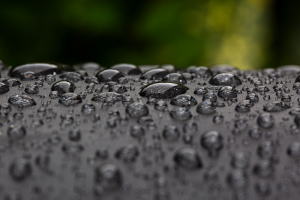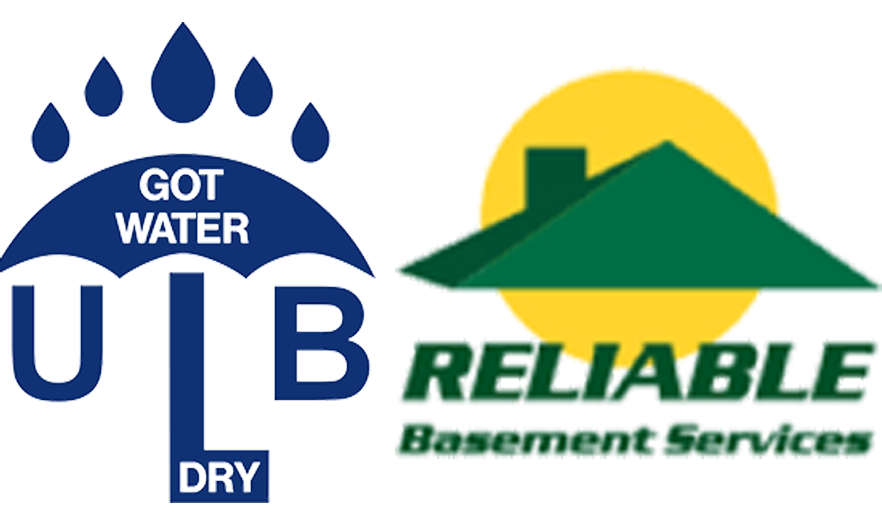
Basements are often the most vulnerable part of a home when it comes to water intrusion. Taking the necessary basement waterproofing precautions is essential to protect your home’s foundation, prevent mold and mildew growth, and maintain a dry, comfortable living space.
Neglecting your basement’s waterproofing needs can lead to a host of problems, including structural damage, musty odors, and health issues for your family. Conversely, investing in a reliable basement waterproofing solution is a smart decision that can save you from costly repairs and headaches down the road.
Today, more and more homeowners in the Wheaton area are choosing to install a basement waterproofing membrane to give their home the best possible protection against water intrusion. Are you thinking about having one installed? If so, there are a few things you should know before getting started. This basement waterproofing company in Wheaton, Illinois is going to share some tips below.
Understanding Basement Waterproofing Membranes
Basement waterproofing membranes are a critical component of an effective waterproofing system. These specialized materials are designed to create a barrier that prevents water from seeping through the basement walls and floor, effectively keeping your living space dry and protected.
Most basement waterproofing companies in Wheaton, Illinois offer a wide selection of waterproofing membrane materials, each with its own unique properties and advantages. Understanding the different types of membranes and their suitability for your specific basement conditions is essential for ensuring a successful installation and long-lasting protection.
Types of Basement Waterproofing Membranes
- Bentonite Clay Membranes: These membranes are made of a naturally occurring clay material that swells when it encounters water, creating a waterproof barrier. Bentonite clay membranes are highly effective in preventing water intrusion and are often used in areas with high groundwater levels.
- Polyethylene (PE) Membranes: PE membranes are a popular choice for basement waterproofing due to their durability, flexibility, and resistance to chemical and environmental factors. They are relatively easy to install and can be used in a variety of basement conditions.
- Polyvinyl Chloride (PVC) Membranes: PVC membranes are known for their excellent waterproofing properties and resistance to tearing and punctures. They are often used in commercial and industrial applications but can be a suitable choice for residential basement waterproofing.
- Bituminous Membranes: Also known as asphalt-based membranes, these materials are made from a combination of bitumen and other reinforcing materials. Bituminous membranes provide a robust waterproofing barrier and are commonly used in below-grade applications, including basement waterproofing.
- Cementitious Waterproofing Membranes: These are cement-based coatings that are applied directly to the basement walls and floor. Cementitious membranes create a seamless, monolithic barrier that can effectively prevent water intrusion and are often used in renovation projects or in areas with high moisture levels.
Tips for a Successful Basement Waterproofing Membrane Installation
- Proper Surface Preparation: Ensure that the basement walls and floor are clean, dry, and free of any cracks, holes, or irregularities. This will provide a smooth, even surface for the membrane to adhere to, maximizing its effectiveness.
- Appropriate Membrane Selection: Choose the waterproofing membrane that best suits your basement’s specific conditions, such as moisture levels, soil type, and potential hydrostatic pressure. Consult with a professional waterproofing contractor to determine the most suitable option.
- Attention to Seams and Overlaps: Properly sealing and overlapping the membrane seams is crucial to creating a continuous, watertight barrier. Follow the manufacturer’s instructions carefully and use the recommended adhesives or tapes to ensure a secure and durable connection.
- Drainage System Integration: Integrate the waterproofing membrane with a proper drainage system, such as interior or exterior French drains, to effectively channel any water away from the basement and prevent it from accumulating.
- Proper Installation Techniques: A professional basement waterproofing company in Wheaton, Illinois will have the necessary skills and equipment to install your waterproofing membrane correctly. An improper installation can compromise the effectiveness of the waterproofing system.
- Regular Maintenance and Inspections: It’s best to regularly inspect your basement waterproofing system for any signs of damage or deterioration, and make sure you address any issues promptly. This will help extend the lifespan of the membrane and maintain the integrity of your waterproofing solution.
Looking for a Basement Waterproofing Company in Wheaton, Illinois?
Are you searching for a professional basement waterproofing company in Wheaton, Illinois that can install your basement waterproofing membrane? If so, look no further than ULB-DRY Waterproofing. We specialize in the installation of high-quality waterproofing membranes and have a proven track record of delivering effective and long-lasting solutions.
Contact us today to schedule a free consultation and get a customized quote for your basement waterproofing needs.





